
Bolivia in turmoil over tainted vote tally
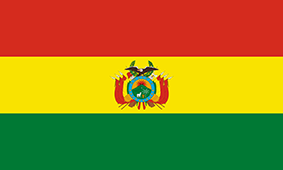
State-owned YPFB confirmed that pipeline gas exports to Brazil and Argentina, which are the backbone of the landlocked country's economy, are normal, as is fuel distribution, despite growing protests that are mostly confined to Santa Cruz, in the prosperous eastern plains, and other urban areas. A new 700,000 t/yr urea plant in the Cochabamba region is also unaffected so far.
Morales, who has governed since 2006, is now decimal points from an outright victory today with more than 95pc of ballots counted, according to an official tally that the opposition says is a sham.
Morales had been headed to a 15 December run-off against rival Carlos Mesa, according to preliminary results hours after the polls closed on 20 October. But that night the electoral authority OEP suspended the count without explanation, resuming mid-afternoon the following day.
In the face of widespread outcries over alleged fraud, Morales now says he is the victim of a coup attempt. The Mesa campaign says Morales is manipulating the vote to stay in power.
Even if a run-off is restored, Morales would now face a challenge in overcoming Mesa, was president for 18 months, resigning in June 2005.
Morales is a leftist ally of Venezuela's president Nicolas Maduro, whose legitimacy is no longer recognized by much of the region.
The protests in Bolivia erupted on 21 October and continue this morning. Election offices in several cities were set on fire. OEP deputy director Antonio Costas resigned 22 October, citing the inexplicable decision to stop the count. Large, peaceful marches were held yesterday across several cities.
The crisis has sparked criticism from the business community and from abroad. Bolivia's national chamber of commerce "condemned any attempt to violate the rights of citizens," adding that that economic development was only possible with credible state institutions.
The Washington-based Organization of America States (OAS), which had an election observer mission in Bolivia, expressed "deep concern and surprise at the drastic and hard-to-explain change in the trend of the preliminary results revealed after the closing of the polls."
At the government's request, the OAS agreed 22 October to conduct a full audit of the vote. Its Permanent Council will hold a special session today on Bolivia.
The EU said the vote count disruption "has sparked serious concerns that need to be fully and swiftly addressed."
Brazil's foreign ministry called on the OEP to respond to the OAS, while the British government raised concern about confidence in the vote. The US government, which has not had an ambassador in Bolivia since the early years of the Morales government, was highly critical. Michael Kozak, acting chief of the State Department's western hemisphere unit, said on Twitter that the US rejects "the Electoral Tribunal's attempts to subvert Bolivia's democracy by delaying the vote count."


Codelco seeks restart at Chilean copper mine after collapse

Uzbek gold miner said to eye $20 billion value in dual listing

Hudbay snags $600M investment for Arizona copper project

BHP, Vale offer $1.4 billion settlement in UK lawsuit over Brazil dam disaster, FT reports

Peabody–Anglo $3.8B coal deal on the brink after mine fire
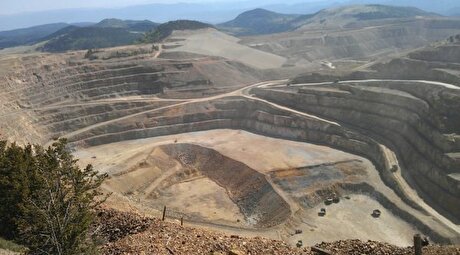
SSR Mining soars on Q2 earnings beat

Minera Alamos buys Equinox’s Nevada assets for $115M

Century Aluminum to invest $50M in Mt. Holly smelter restart in South Carolina

A global market based on gold bars shudders on tariff threat
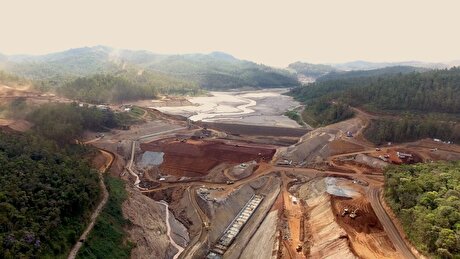
Samarco gets court approval to exit bankruptcy proceedings
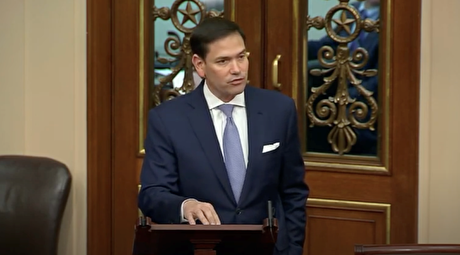
US eyes minerals cooperation in province home to Reko Diq
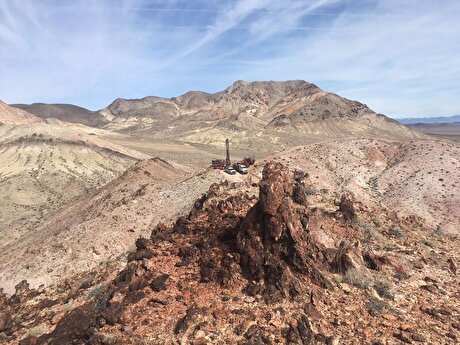
Allegiant Gold soars on 50% financing upsize

Explaining the iron ore grade shift

Metal markets hold steady as Trump-Putin meeting begins
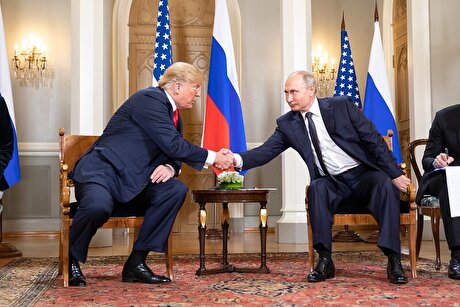
Trump to offer Russia access to minerals for peace in Ukraine

Gemfields sells Fabergé luxury brand for $50 million

Gold price stays flat following July inflation data
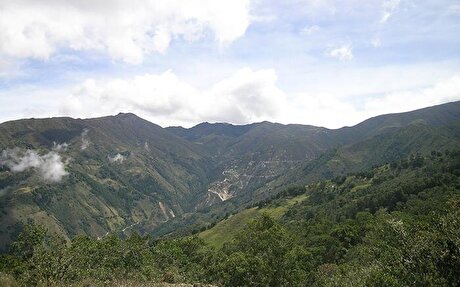
Eco Oro seeks annulment of tribunal damage ruling
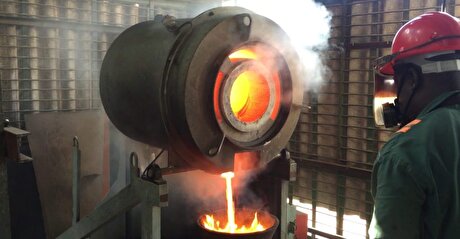
Zimbabwe labs overwhelmed as gold rally spurs exploration, miner says

Samarco gets court approval to exit bankruptcy proceedings

US eyes minerals cooperation in province home to Reko Diq

Allegiant Gold soars on 50% financing upsize

Explaining the iron ore grade shift

Metal markets hold steady as Trump-Putin meeting begins

Trump to offer Russia access to minerals for peace in Ukraine

Gemfields sells Fabergé luxury brand for $50 million

Gold price stays flat following July inflation data

Eco Oro seeks annulment of tribunal damage ruling














